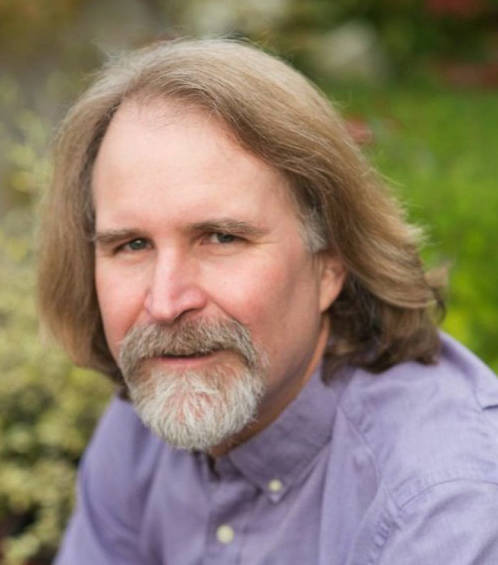Throughout history, civilizations have withered and even disappeared after destroying their once-fertile soils. We now risk repeating this age-old trauma on a global scale due to ongoing soil-degradation, climate change and rapidly rising populations.
But UW Professor David R. Montgomery offers reasons for hope in this lecture, based on his recent book, Growing a Revolution: Bringing Our Soil Back to Life, published in May by W. W. Norton. This Orcas Currents event will begin at 4 p.m. on Sunday, Sept. 24 in Orcas Center.
Professor Montgomery will lead his audience on a fascinating journey through history and around the world, demonstrating how innovative farmers are ditching the plow, mulching cover crops, and adopting complex crop rotation schemes to restore their soils. Merging ancient wisdom with modern science, they have developed simple, cost-effective ways to pull carbon from the atmosphere and feed the world, meanwhile stashing an impressive amount of it underground.
“In the past couple of years, an awful lot of smart people have started talking very seriously about the state of the planet’s soil,” says New Yorker staff writer Bill McKibben on the book’s dust jacket. “If you want to understand what’s at stake, and learn about the exciting possibilities, this book is a fine starting point.”
David R. Montgomery is Professor of Earth and Space Sciences at the University of Washington, where he leads the Geomorphological Research Group. A distinguished MacArthur Fellow, he is the author of “King of Fish: The Thousand-Year Run of Salmon,” “Dirt: The Erosion of Civilization” and “The Rocks Don’t Lie: A Geologist Investigates Noah’s Flood” — which all won Washington State Book Awards. With his wife Anne Biklé, he coauthored “The Hidden Half of Nature: Microbial Roots of Life and Health,” which they spoke about in a May 2016 Orcas Currents lecture.
Admission to the event is free, but donations will be gratefully accepted at the door. Afterwards, Montgomery will sign copies of his book in the Orcas Center lobby.



